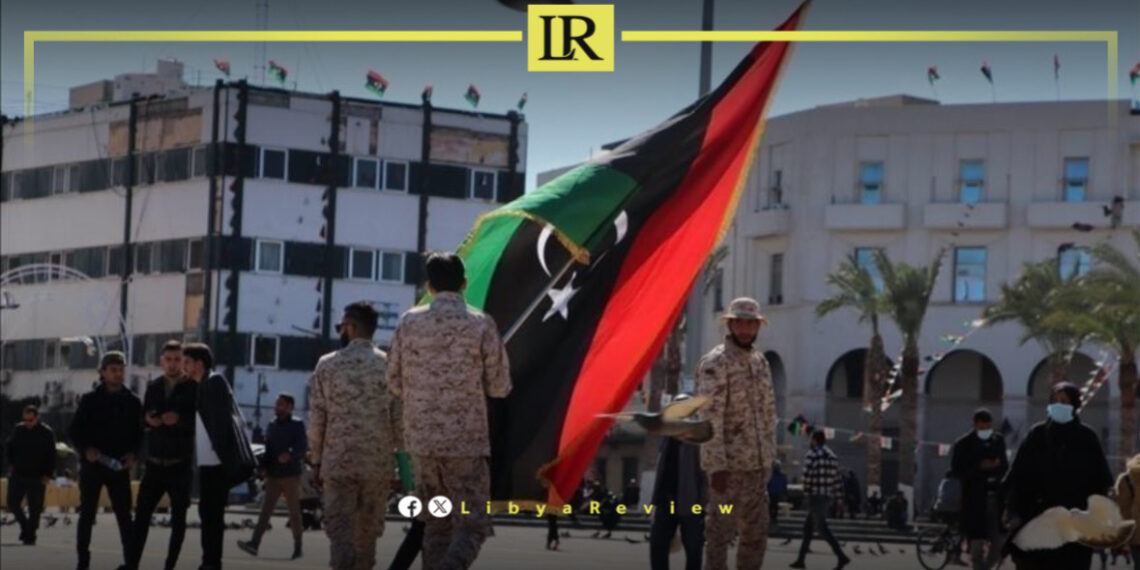Libya has experienced a prolonged decline in peace and stability since the fall of its former regime in 2011, according to Julia Fengler, a researcher at the Institute for Economics and Peace. In her latest assessment, she warned that the country remains deeply fragmented and vulnerable to renewed violence if no serious national reforms are undertaken.
Fengler’s report highlights that Libya ranked 145th out of 163 countries in the 2024 Positive Peace Index, placing it among the least stable nations globally. The analysis attributes this low ranking to persistent internal conflict, weak institutions, and the lack of a unified government capable of restoring public trust.
She explained that the power vacuum left after 2011 allowed competing militias, tribal factions, and rival authorities to fill the void. This has led to widespread lawlessness, deteriorating security, and cycles of armed clashes, particularly in areas lacking centralized governance.
Fengler also noted that Libya has averaged over 1,100 conflict-related deaths annually since 2012—an alarming figure that underscores the long-term impact of instability. The country’s failure to hold elections in 2021, she added, has only deepened the political deadlock and fueled uncertainty.
“Libya is trapped in a limbo,” Fengler stated. “Without real steps toward unity, institutional reform, and the removal of parallel armed actors, the country remains exposed to new waves of violence.”
She emphasized that rebuilding peace in Libya requires more than international support—it needs a Libyan-led process that prioritizes national dialogue, transparent institutions, and a roadmap out of transitional phases.
Despite multiple peace initiatives in recent years, Libya remains divided between rival administrations in the east and west. According to Fengler, this fragmentation continues to block any sustainable path forward.


